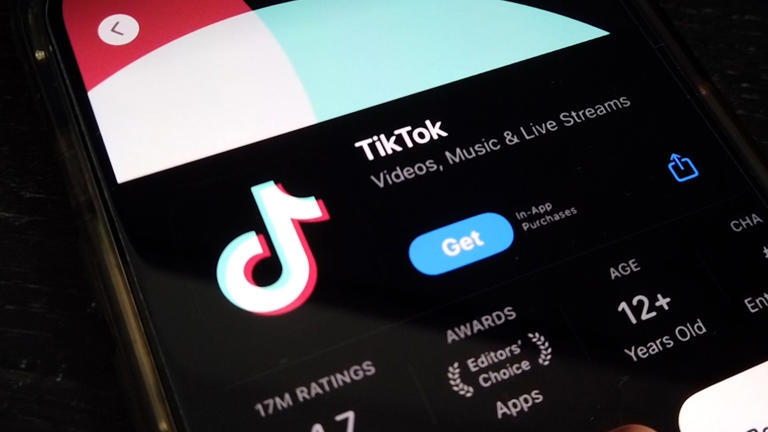“TikTok lawsuit, TikTok U.S. ban, national security, free speech, ByteDance lawsuit, U.S. government, First Amendment rights, Supreme Court, Protecting Americans Act, social media regulations”
“Explore the intense legal battle between TikTok and the U.S. government over a law that could ban the social media platform nationwide. Understand the clash between national security concerns and First Amendment rights, and what this means for the future of free speech and digital privacy in the U.S.”

In a landmark legal challenge that pits national security against free speech, TikTok and its parent company ByteDance are suing the U.S. government. The lawsuit, filed in a federal court, seeks to overturn a new law that mandates the sale of the company or imposes a nationwide ban on the popular short-form video app by January 19, 2025. This controversial law could potentially silence the 170 million Americans who use TikTok to communicate in unique ways that, according to the petition, “cannot be replicated elsewhere.”
The Basis of the Lawsuit
The law, recently signed by President Joe Biden and overwhelmingly passed by Congress, has been titled the Protecting Americans From Foreign Adversary Controlled Applications Act. It specifically targets TikTok due to fears that its Chinese ownership could pose a significant threat to American national security. The allegations include the potential for TikTok to hand over sensitive data about U.S. citizens to the Chinese government or use the platform to spread propaganda. Despite these concerns, TikTok has maintained that it has never been asked to provide such data and would refuse to do so if requested.
Legal and Technical Challenges
TikTok’s legal challenge is not just based on the grounds of free speech but also highlights several commercial, technical, and legal hurdles that make compliance with the law nearly impossible. One of the key arguments in the petition is that the required divestiture of TikTok’s recommendation engine—crucial for its operation in the U.S.—is “simply not possible,” especially within the given timeframe of 270 days, as Beijing has indicated it would not permit such a divestiture.
National Security vs. Free Speech
The U.S. government, particularly the Republican chairman of the House Select Committee on the Chinese Communist Party, John Moolenaar, argues that the threat posed by TikTok is grave enough to justify the stringent measures. According to him, the government’s decision is backed by both publicly available and classified information that underscores TikTok’s potential threat to national security.
However, this move has attracted criticism from various free speech groups and legal experts who view the law as a troubling precedent that aligns more with practices associated with repressive regimes rather than a democratic society. Jameel Jaffer, executive director of the Knight First Amendment Institute at Columbia University, expressed concern that restricting citizens’ access to media from abroad is a dangerous path for a free society.
The Road Ahead
The lawsuit is set against a backdrop of previous failed attempts by the U.S. government to restrict TikTok, which were overturned by the courts. Legal experts predict that this high-stakes battle will likely escalate to the Supreme Court. Carl Tobias, a law professor at the University of Richmond, notes that there is limited precedent directly relevant to this case, making the outcome uncertain. On one hand, the Supreme Court’s current composition holds strong First Amendment views; on the other, it is also likely to consider national security concerns seriously.
Conclusion
As TikTok CEO Shou Zi Chew defiantly stated in a recent TikTok video, “We aren’t going anywhere.” This sentiment captures the essence of the ongoing legal fight—a battle that will not only determine the future of TikTok in the U.S. but also set significant precedents for how national security concerns are balanced against the constitutional rights of free speech. With both the facts and the Constitution being wielded as shields in this legal drama, the global online community watches closely as the saga unfolds in the American judicial landscape.
Read More-